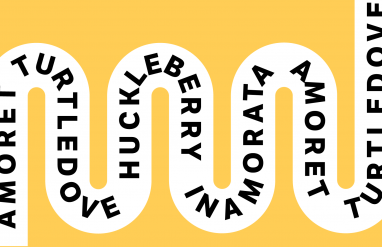August 19 is World Humanitarian Day. Organized by the United Nations Office for the Coordination of Humanitarian Affairs, the designation dates back to 2008. That year, the UN General Assembly adopted a resolution to commemorate the August, 19, 2003 bombing in Baghdad, Iraq, that killed 22 humanitarian aid workers.
Every year since, the date has drawn attention to humanitarians (people who promote human welfare and social reforms) across the globe. These volunteers are heroes through and through. Rightly, there’s no shortage of ways to speak about them. These are some other noble words for people of such service that you can use.

























